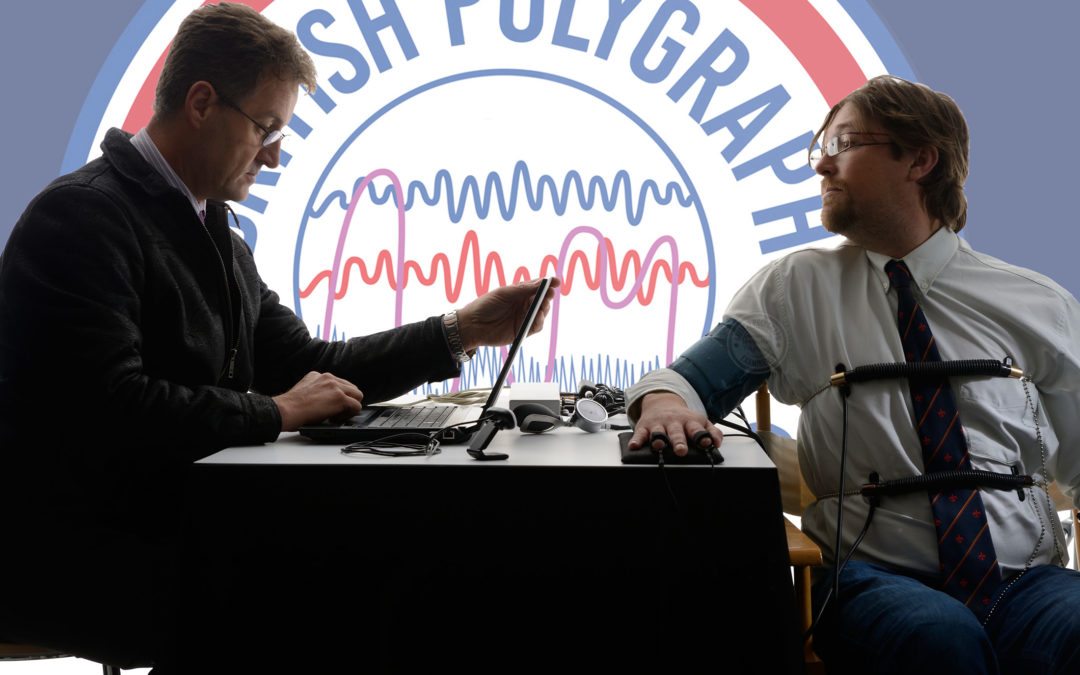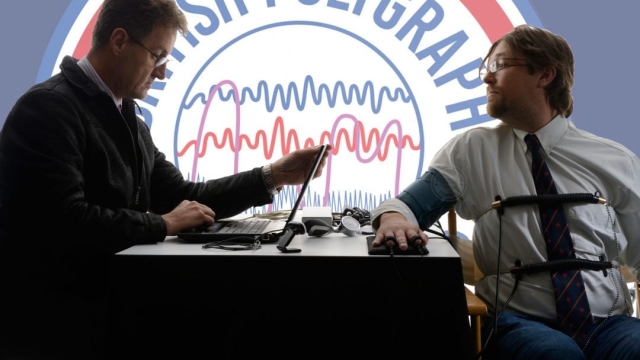
In a world where the truth is paramount, the lie detector test stands as a key tool in unraveling deception. This fascinating instrument, often used in investigations, legal proceedings, and employment screenings, has long captured the curiosity of many. How does this polygraph machine work, and can it really distinguish truth from falsehood? Let’s delve into the intricate layers of the lie detector test to unmask the reality behind this enigmatic device.
History of Lie Detector Tests
Dating back to the early 20th century, the concept of lie detection has intrigued both scientists and the public. The first rudimentary lie detector was developed by William Moulton Marston, who later went on to create the iconic Wonder Woman character.
However, it wasn’t until the 1920s that law enforcement agencies began to adopt polygraph tests as a tool for investigation. Utilizing the physiological responses of individuals, such as heart rate and sweating, these early lie detectors aimed to uncover deception.
Despite controversies surrounding their accuracy and reliability, lie detector tests have become a standard tool in various fields, including law enforcement, government agencies, and employment screenings. Modern advancements continue to refine the technology behind lie detectors, aiming to enhance their effectiveness in detecting deceit.
Accuracy and Fallibility
Lie detector tests, also known as polygraphs, are often hailed as tools for uncovering deception. Proponents argue that these tests are highly accurate in detecting lies through physiological responses such as changes in heart rate, blood pressure, and skin conductivity. However, research has shown that these tests are not foolproof and can yield false results. Factors such as anxiety, medications, and even the skill of the examiner can impact the accuracy of the test.
While the concept of a lie detector test may seem straightforward, the intricacies of human behavior make it a complex endeavor. People exhibit varying physiological responses to stress and deception, making it challenging to establish a universal baseline for deception detection. Additionally, the interpretation of test results is subjective and can be influenced by biases or preconceived notions. This subjectivity introduces a level of fallibility into the testing process, raising questions about its reliability in real-world scenarios.
In legal settings, the admissibility of lie detector test results varies widely. Some jurisdictions prohibit the use of polygraph evidence in court due to concerns about its reliability, while others allow it under certain circumstances. The debate over the accuracy and fallibility of lie detector tests continues to spark controversy and calls for further research to enhance the validity of these deception detection methods.
Lie detector exam
Ethical Considerations
When it comes to the utilization of lie detector tests in various settings, ethical concerns inevitably arise. One key consideration is the issue of informed consent. Individuals undergoing such tests should be fully aware of the process, its implications, and their rights regarding participation.
Another important ethical aspect is the potential impact of false results on individuals. Inaccurate outcomes from lie detector tests can have serious consequences, including damaging reputations and livelihoods. Therefore, ensuring the reliability and validity of such tests is crucial in upholding ethical standards.
Moreover, the use of lie detector tests raises questions about privacy and autonomy. In some contexts, individuals may feel compelled to undergo testing, leading to concerns about coercion. Respecting individuals’ rights to privacy and self-determination is paramount when considering the ethical dimensions of administering lie detector tests.






Recent Comments